Assuming you want to output "/" after the user types each two characters, like a kind of "template", that's going to be impossible in the general case.
Terminal emulators tend to be line buffered unless the user changes that setting, and you have no way of controlling that. The line buffering means nothing will be sent to your program unless and until the user hits Enter, which right away ruins the effect:

The / was written automatically, but it doesn't look right.
Here's what it might look like if you have full control over the terminal and set it up properly:

And my PuTTY config at the time:

However, I also had to read the data character by character (otherwise C++ doesn't know you're done after two/four digits), ready for conversion to numerics after-the-fact. Yuck!
The code for the above was as follows:
// Requires "stty raw" to disable line buffering
// ("stty cooked" to restore), as well as no line
// buffering on the client end
#include <iostream>
using std::cin;
using std::cout;
using std::flush;
int main()
{
char dy1, dy2;
cout << "\nEnter your date of birth (dd/mm/yyyy) : " << flush;
cin >> dy1 >> dy2;
cout << '/' << flush;
char mn1, mn2;
cin >> mn1 >> mn2;
cout << '/' << flush;
char yr1, yr2, yr3, yr4;
cin >> yr1 >> yr2 >> yr3 >> yr4;
std::cout << "\n" << dy1 << dy2
<< '/' << mn1 << mn2
<< '/' << yr1 << yr2 << yr3 << yr4 << '\n';
// Now create some useful integers from these characters
}
Anyway, to really get this right, you'd need to use a "GUI" library like ncurses that can fully take control of the session for you.
Ultimately, it's not worth it. Just let the user enter the full dd/mm/yyyy then parse it for validity.


